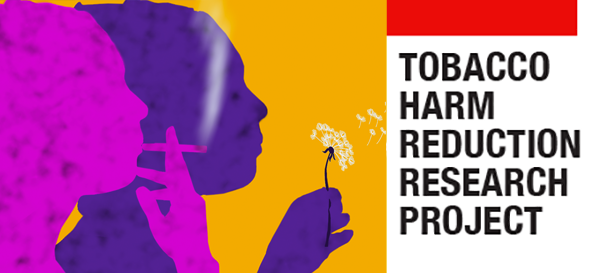
FAQs
Shouldn’t I just quit smoking?
Quitting is an admirable goal — and it’s what the general public mostly hears about: Quit now, join this program, use this medication. Our concern is that messages about abstaining completely may discourage people from setting more modest, achievable goals. Making a change often is a long-term, challenging process. Our approach is to help you make any positive change.
Will I definitely achieve my goal in six months?
We have various practical strategies and are committed to working with you longer than what most tobacco-intervention programs offer. We cannot guarantee that you will achieve your goals, but we’re confident that our flexible, more intensive approach will be helpful.
What medications and other aids are offered?
We offer Varenicline (Chantix) and Buproprion (Zyban), medications that have been shown to help reduce the physical and psychological experience of craving. We also offer nicotine-replacement aids. Nicotine, the chemical in cigarettes and other combusted products like cigars, pipes and hookahs is addictive — once you become a regular user, you’re compelled to keep wanting it. It’s not the addiction itself that’s harmful. It’s the tobacco being combusted and inhaled. Well-known products like nicotine patch, gum or lozenges contain nicotine without the tobacco. Snus, a form of chewing tobacco, is placed under the lip. Tobacco is absorbed through the salivary glands and provides the nicotine without the combustible additives. Electronic cigarettes, on the market for 10 years, are controversial but have been documented to be less harmful than combusted tobacco. Many people find them useful because they mimic the physical behavior of smoking.
How safe are electronic cigarettes?
We currently have no long-term studies on their safety. The National Association of Science, Engineering and Medicine reviewed more than 800 studies in 2017 and concluded that e-cigarettes, while not without risk, were safer than combustible tobacco. The National Health Service in the United Kingdom recommends e-cigarettes as an option for their citizens. We believe that choosing an electronic cigarette to help reduce your smoking is clearly much safer than continuing to smoke.
Of all the options, which is safest?
Placing anything in your body implies some risk. Of all the strategies that we offer, setting a quit date without any substance or chemical aid is likely the safest. But reducing your tobacco use is safer than continuing your current pattern. Partial or complete substitution with a nicotine patch, gum, lozenge or snus is safer than continued smoking. Conventional nicotine replacement products appear to be safer than electronic cigarettes. However, the bottom line is that you need to find a strategy that helps you achieve your goal to change your tobacco habits.
Can I do this on my own? Do I need this program or any other program?
Tens of millions of people have “done it on their own.” People can and do find the determination and mount the effort to change or quit. Mutual-help groups, online supports, quit lines and manuals can help you in a “do it yourself” approach.
What’s the role of the tobacco-intervention counselor?
Our tobacco-intervention counselors are trained in various counseling techniques and especially in motivational interviewing, a strategy to help and support your desire to change. Your counselor will meet with you in person or on the phone, review your goals and achievements, and, most important, help you with the barriers that impede your success.
How is progress measured?
We have standardized questionnaires designed to evaluate your response to our interventions and strategies. We will ask you to provide a breath and saliva sample at the start of the program. We also will collect a breath sample once each month. These measures tell us your rate of smoking. All data are confidential. Your name will not be used in connection with your responses or any measurements we take.
CONTACT US
SAN FRANCISCO, CA: email or phone (628) 239-5294
NEW YORK, NY: email or phone (646) 571-2297
PROVIDENCE, RI: phone (401) 500-5564
